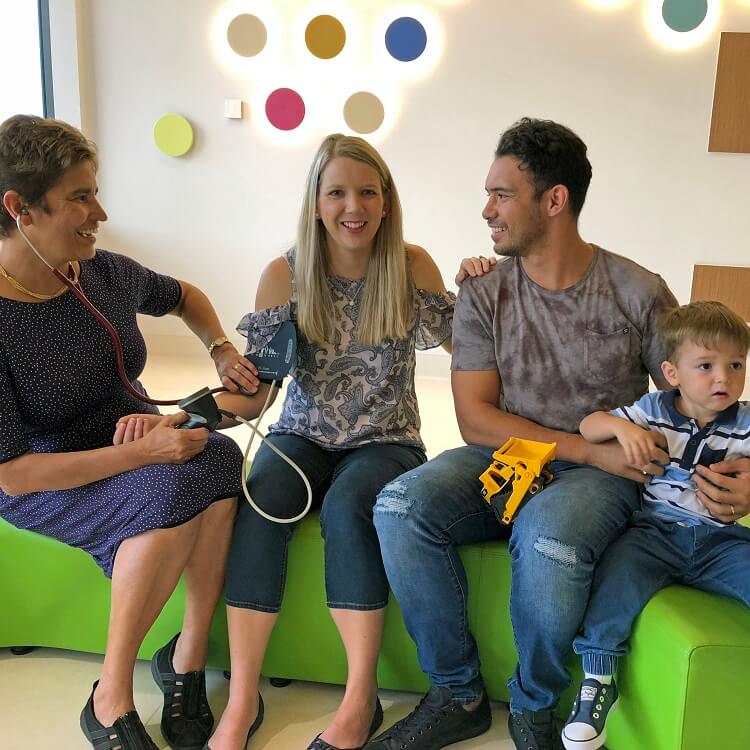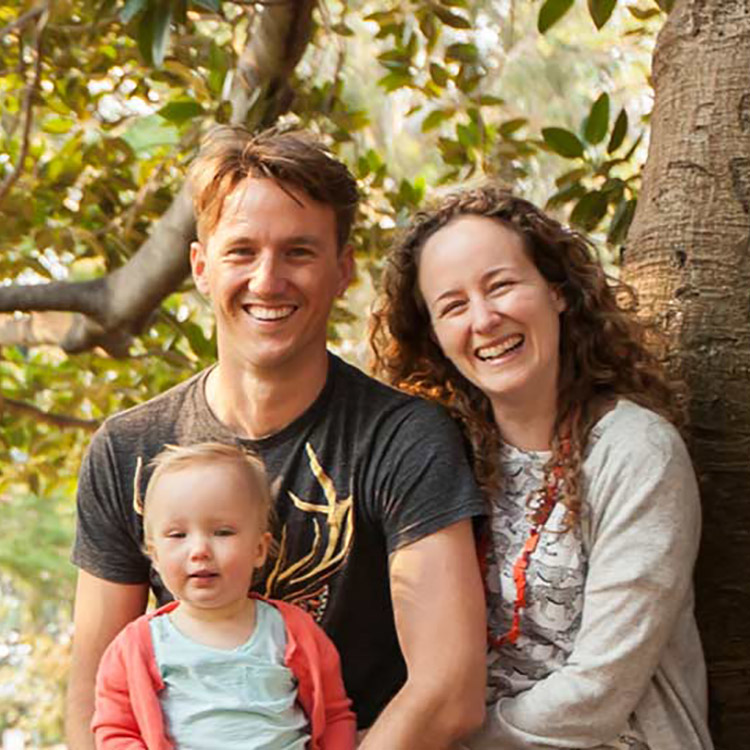Search
Research
Maternal Serum Vitamin D Levels During Pregnancy and Offspring Neurocognitive DevelopmentNew research links poor language to lack of Vitamin D in womb.
Research
Joint attention and parent-child book readingGood language development is an integral component of school readiness and academic achievement.
Research
Inner speech impairment in children with autism is associated with greater nonverbal than verbal skillsWe present a new analysis of Whitehouse, Maybery, and Durkin's (2006, Experiment 3) data on inner speech in children with autism (CWA).

The Human Development and Community Wellbeing (HDCW) Team focuses on improving outcomes for children, family, and the community.

News & Events
ORIGINS reaches key milestoneORIGINS, a collaboration between The Kids and the Joondalup Health Campus, has achieved a major milestone – recruiting its 1000th family.
Research
Parent–child book reading across early childhood and child vocabulary in the early school yearsThe current study investigated the extent to which low levels of joint attention in infancy and parent-child book reading across early childhood increase the...

News & Events
The Kids Research Institute Australia researchers share in State Government science grantsFour The Kids Research Institute Australia researchers are among those who have received funding in the WA State Government's Merit Award Program announced today.

News & Events
Twins talk half as much at twoA world first study of language development in toddler twins confirms the widely held belief that twins start to talk later than single-born children.

News & Events
Language Study Reveals Need for Long Term MonitoringA new study looking at the receptive language development of young children has highlighted the need to monitor kids over time to ensure they don't fall behind.
